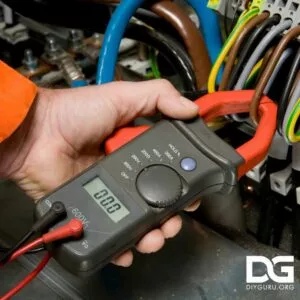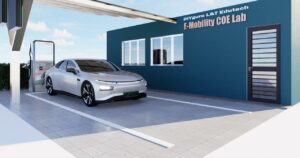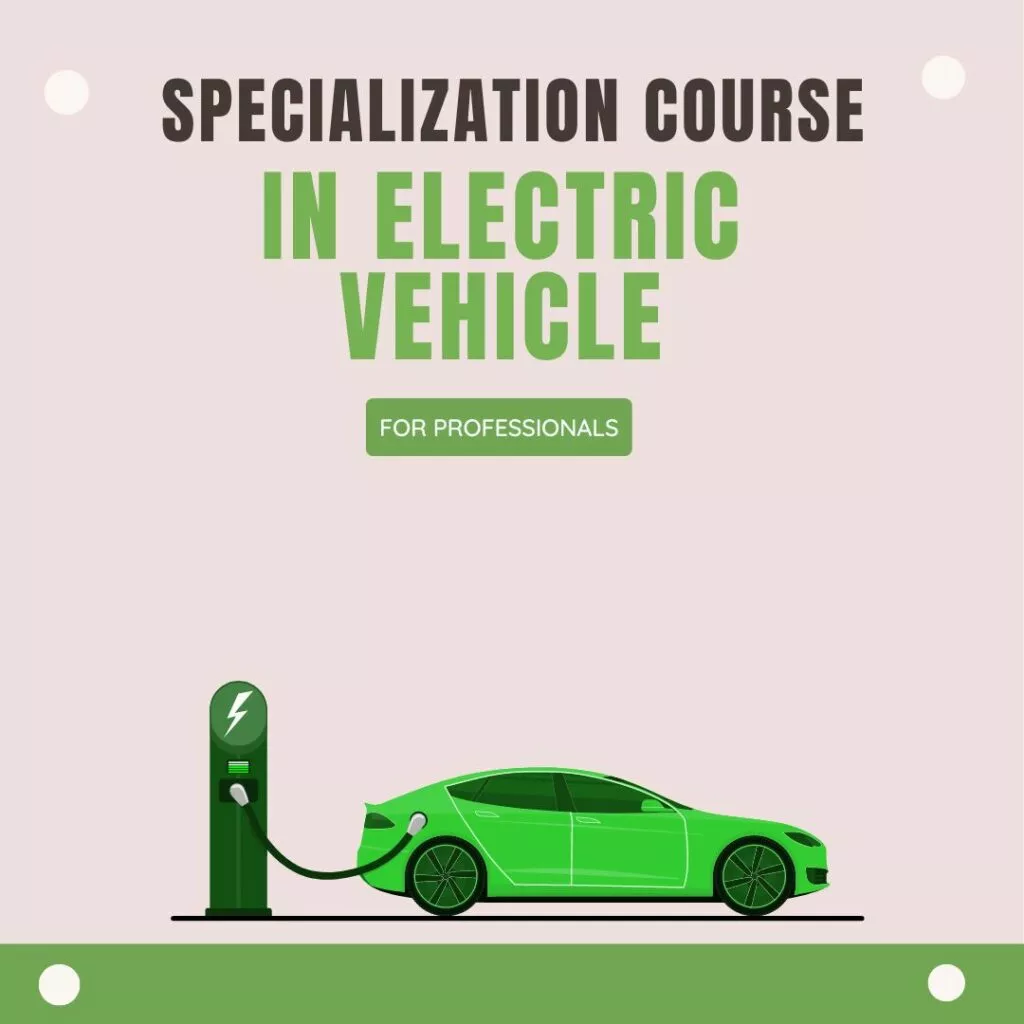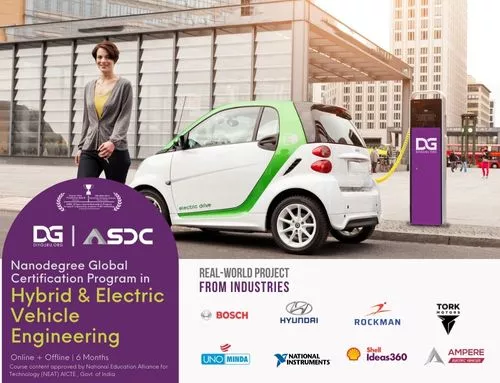Introduction:
Electric vehicles are gaining popularity worldwide as more and more people are becoming aware of the benefits of sustainable transportation. With the rise of electric vehicles, there is also an increase in the need for research and development in this sector. Final year projects are an excellent way for engineering students to gain practical knowledge and experience in their field of interest. In this blog post, we will discuss the top 10 electric vehicle final year projects for engineering students.

Importance of Electric Vehicle Final Year Projects:
Final year projects are an essential part of engineering education as they provide students with practical experience and exposure to the industry. In the electric vehicle sector, final year projects play a crucial role in the development of new technologies and innovation. They can also help students gain skills in areas such as electric vehicle design and development, battery management systems, charging infrastructure, project management, and more.
Top 10 Electric Vehicle Final Year Projects for Engineering:
a. Design and Development of an Electric Vehicle:
This project involves designing and building an electric vehicle from scratch. The project can include aspects such as vehicle design, battery selection, motor selection, and control systems.
b. Battery Management System for Electric Vehicles:

This project involves developing a battery management system for electric vehicles that monitors the state of the battery and optimizes its performance. The project can include aspects such as battery charging, discharging, and temperature control.
c. Charging Infrastructure for Electric Vehicles:
This project involves designing and building a charging infrastructure for electric vehicles. The project can include aspects such as charging station design, installation, and maintenance.
d. Solar-Powered Electric Vehicle:
This project involves designing and building an electric vehicle that is powered by solar energy. The project can include aspects such as solar panel selection, battery selection, and motor selection.
e. Regenerative Braking System for Electric Vehicles:
This project involves developing a regenerative braking system for electric vehicles that recovers energy during braking and stores it in the battery. The project can include aspects such as brake system design, motor controller design, and battery management.
f. Wireless Charging for Electric Vehicles:
This project involves developing a wireless charging system for electric vehicles that eliminates the need for cables. The project can include aspects such as charging pad design, communication protocols, and safety features.
g. Electric Vehicle Conversion Kit:
This project involves developing an electric vehicle conversion kit that can convert a gasoline-powered vehicle into an electric vehicle. The project can include aspects such as motor selection, battery selection, and control systems.
h. Energy Storage System for Electric Vehicles:
This project involves developing an energy storage system for electric vehicles that can store energy from renewable sources. The project can include aspects such as battery selection, charging and discharging circuits, and control systems.
i. Internet of Things (IoT) for Electric Vehicles:
This project involves developing an IoT system for electric vehicles that can monitor various aspects of the vehicle and optimize its performance. The project can include aspects such as sensor selection, data communication, and control systems.
j. Electric Vehicle Thermal Management System:
This project involves developing a thermal management system for electric vehicles that ensures the battery and other components operate at optimal temperatures. The project can include aspects such as cooling system design, heating system design, and control systems.
Conclusion:
In conclusion, electric vehicle final year projects provide engineering students with practical experience and exposure to the industry. The projects can range from designing and building electric vehicles to developing battery management systems and charging infrastructure. The top 10 electric vehicle final year projects mentioned in this blog post are just the tip of the iceberg, and there are many other exciting projects to work on in this sector. Students can choose a project that aligns with their interests and career goals to gain valuable experience and skills.
FAQs
Q.1 What is the importance of final year projects for engineering students?
Ans. Final year projects provide engineering students with practical experience and exposure to the industry, which can help in career growth and job opportunities.
Q.2 What are some of the top electric vehicle final year projects for engineering students?
Ans. Some of the top electric vehicle final year projects for engineering students are designing and building an electric vehicle, developing a battery management system, creating charging infrastructure, and developing a regenerative braking system.
Q.3 What is a battery management system?
Ans. A battery management system is a system that monitors the state of the battery and optimizes its performance. It can help extend the life of the battery and ensure its safe operation.
Q.4 What is regenerative braking?
Ans. Regenerative braking is a system that recovers energy from braking and stores it in the battery. It can help increase the range of an electric vehicle and improve its efficiency.
Q.5 What is wireless charging?
Ans. Wireless charging is a technology that eliminates the need for cables by using an electromagnetic field to transfer energy from a charging pad to an electric vehicle.
Q.6 What is an electric vehicle conversion kit?
Ans. An electric vehicle conversion kit is a kit that can convert a gasoline-powered vehicle into an electric vehicle. It typically includes components such as a motor, battery, and control systems.
Q.7 What is an energy storage system?
Ans. An energy storage system is a system that can store energy from renewable sources such as solar panels or wind turbines. It can provide a source of energy for an electric vehicle or a home.
Q.8 What is IoT?
Ans. IoT stands for Internet of Things, which is a network of physical devices that are connected and can exchange data. In the context of electric vehicles, IoT can be used to monitor various aspects of the vehicle and optimize its performance.
Q.9 What is a thermal management system?
Ans. A thermal management system is a system that ensures that the battery and other components of an electric vehicle operate at optimal temperatures. It can help extend the life of the battery and improve the performance of the vehicle.
Q.10 Can final year projects in electric vehicles help in job opportunities?
Ans. Yes, final year projects in electric vehicles can provide engineering students with practical experience and exposure to the industry, which can help in career growth and job opportunities.























